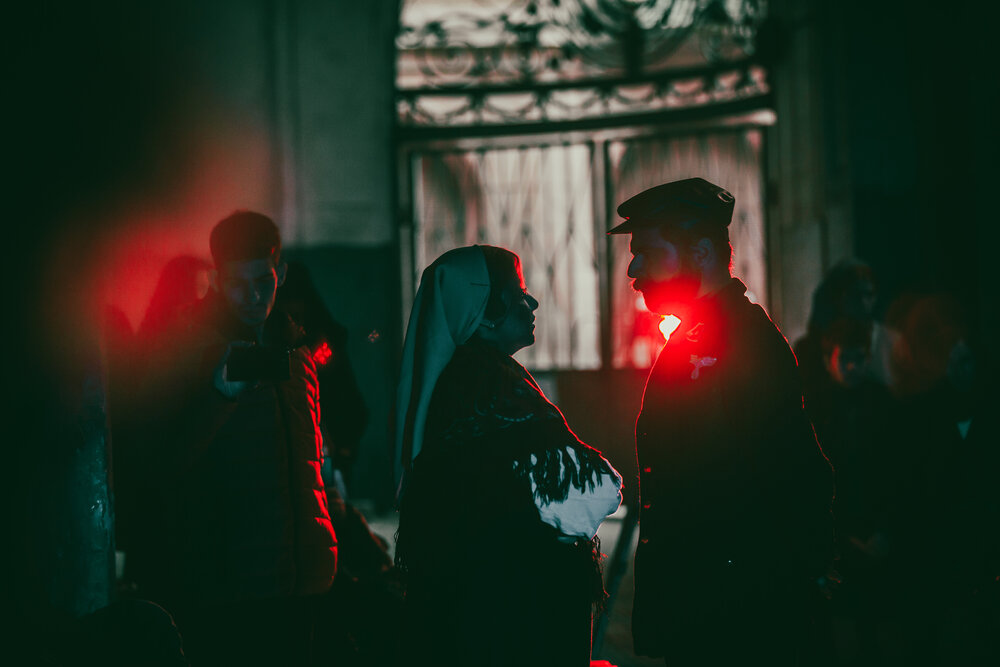Iranian troupe to perform Holocaust drama “Women’s Auschwitz” in Poland

TEHRAN – Iranian troupe Segane has been invited to perform its Holocaust play “Women’s Auschwitz” in Krakow, Poland.
The play written by Ali Safari will be directed by him at Scena Supernova on November 5, the troupe announced on Saturday.
“Women’s Auschwitz” is about three women who are spending the last moments of their lives in the Auschwitz concentration camp operated by Nazi Germany in occupied Poland during World War II and the Holocaust.
It is part of a trilogy by Safari about the three historical events that claimed millions of lives during the twentieth century.
The play and “Holodomor”, another part of the trilogy, were performed by Segane at the Theatre On Pechersk in the Ukrainian capital of Kiev in October 2021 during the Golden Lion International Theater Festival.
The Holodomor is recognized as a genocide of the Ukrainian people carried out by the Soviet government. It was a famine planned by Joseph Stalin to eliminate a Ukrainian independence movement.
The word Holodomor literally translated from Ukrainian means “killing by starvation.” The term Holodomor emphasizes the famine’s man-made and intentional aspects such as rejection of outside aid, confiscation of all household foodstuffs and restriction of population movement.
As part of the wider Soviet famine of 1932–33 that affected the major grain-producing areas of the country, millions of inhabitants of Ukraine, the majority of whom were ethnic Ukrainians, died of starvation in a peacetime catastrophe unprecedented in the history of Ukraine.
The two plays were staged at several Ukrainian festivals, including the 2021 Melpomene of Tavria International Theater Festival in Kherson, upon an invitation from the Ukraine ambassador to Iran, Serhii Burdyliak.
“Berlin 10:10” was the second episode of the trio, which was performed by Segane at Da Theater in Tehran in August 2020. This play also recounts a World War II story.
Photo: “Women’s Auschwitz” by Ali Safari.
MMS/YAW
